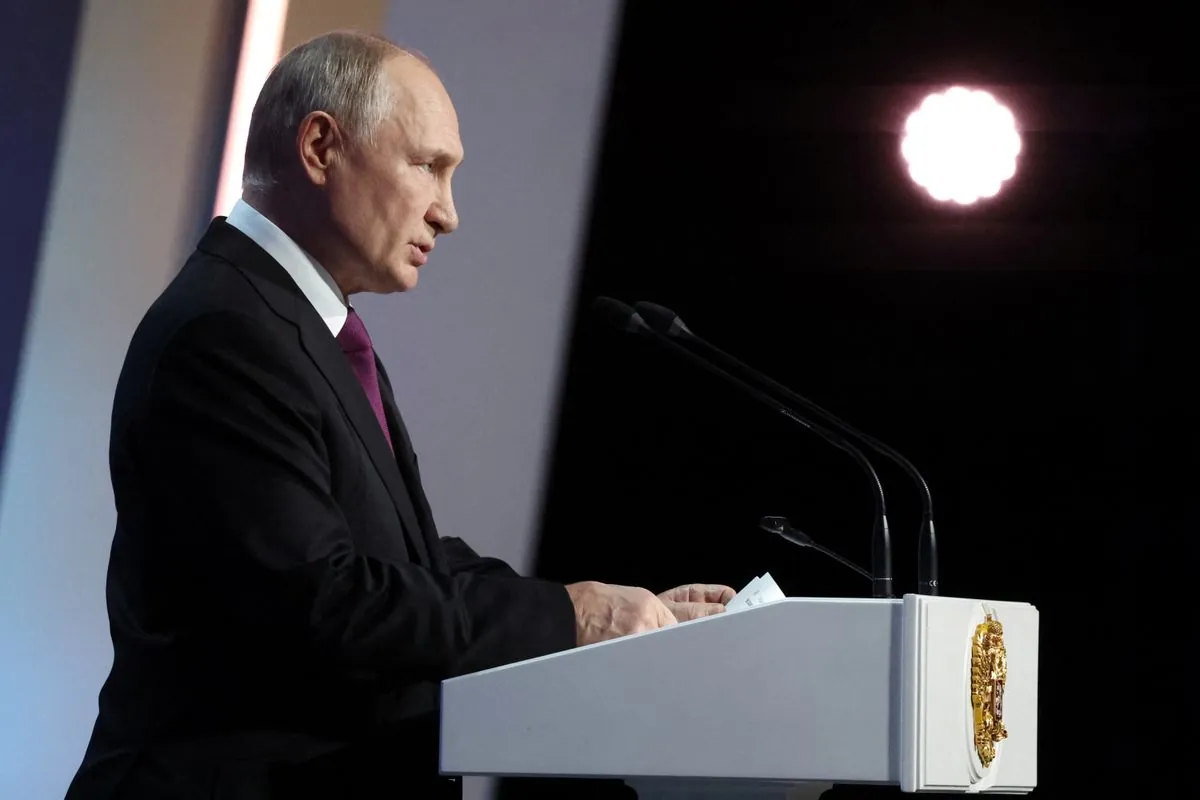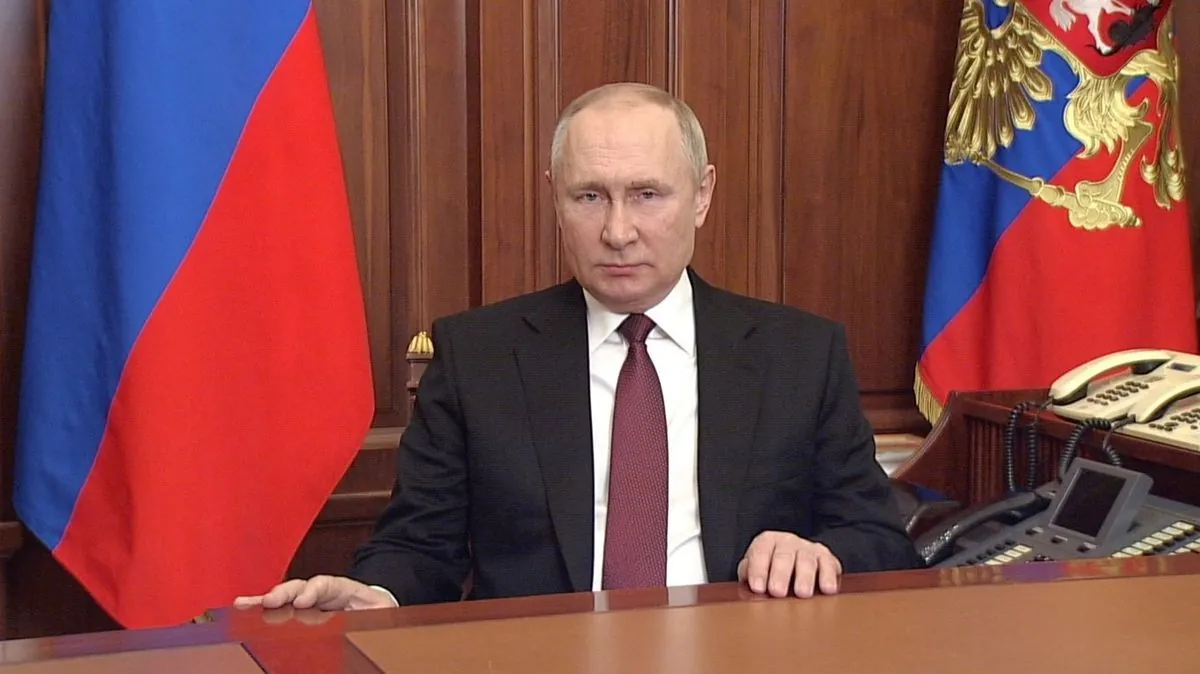Putin's Potential Responses to Western Long-Range Missile Support for Ukraine
Western leaders consider allowing Ukraine to use long-range missiles against Russia. Analysts speculate on Putin's possible retaliatory actions, including nuclear testing and strikes on British assets.

As tensions escalate in the ongoing conflict between Russia and Ukraine, Western leaders are contemplating a significant move that could alter the course of the war. The potential decision to allow Ukraine to utilize long-range missiles against Russian targets has prompted serious concerns about Vladimir Putin's possible retaliatory measures.
On September 15, 2024, the British Prime Minister and U.S. President are scheduled to meet in Washington to discuss the possibility of permitting Kyiv to employ American ATACMS or British Storm Shadow missiles for strikes within Russian territory. These long-range, surface-to-surface missiles could potentially shift the balance of power in the conflict.
Putin has issued a stark warning in response to this potential development. He stated that such a move would effectively place the West in direct conflict with Russia, fundamentally changing the nature of the hostilities. The Russian leader promised an "appropriate" response but did not provide specific details.

Analysts have speculated on various potential retaliatory actions that Putin might consider:
- Nuclear testing: Some experts suggest that Russia could conduct its first nuclear weapons test since 1990, signaling a dramatic escalation of the conflict.
- Strikes on British assets: There is speculation about potential attacks on British military equipment near Russian borders, particularly in the Black Sea region.
- Escalation in Ukraine: Increased attacks on Ukrainian civilian infrastructure could be a more predictable response.
- Hybrid warfare: Russia might intensify non-military actions such as sabotage in Europe or interference in foreign elections.
The situation has raised concerns about the potential for a broader conflict. Russia's U.N. Ambassador warned that NATO would become "a direct party to hostilities against a nuclear power" if it allowed Ukraine to use longer-range weapons against Russia.
It's worth noting that Russia, as the world's largest nuclear power, is currently revising its nuclear doctrine. This review could potentially lower the threshold for nuclear weapon use, adding another layer of complexity to the situation.
The international community is closely monitoring these developments, as they could have far-reaching implications for global security. The United Nations Security Council, responsible for maintaining international peace, may need to address this escalating situation.
"You shouldn't forget about this and think about the consequences."
As the situation unfolds, it's crucial to consider the historical context. The last time Russia conducted a nuclear test was in 1990, just before the dissolution of the Soviet Union in 1991. Any decision to resume testing would mark a significant shift in global nuclear policy.
The potential use of long-range missiles by Ukraine, supported by Western powers, represents a critical juncture in the conflict. It underscores the delicate balance between supporting Ukraine's defense efforts and avoiding a direct confrontation with Russia, a nuclear-armed state.
As world leaders weigh their options, the international community remains on edge, hoping for a diplomatic resolution to prevent further escalation of this already volatile situation.


































